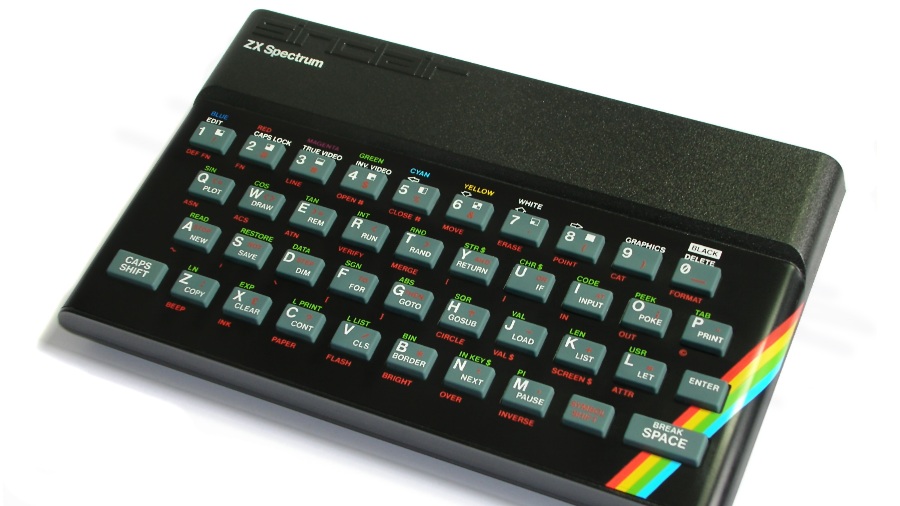30 years on, the Spectrum's DNA is everywhere in tech
One of the most important computers ever made

Sign up for breaking news, reviews, opinion, top tech deals, and more.
You are now subscribed
Your newsletter sign-up was successful
In technology, the word "revolutionary" is thrown around with gay abandon, and it's often used to describe a slightly newer version of something fairly unremarkable.
When people use the word to describe the ZX Spectrum, however, they're probably understating things. 30 years after it first went on sale, it's clear that the Spectrum is one of the most important computers ever made.
I never owned a Speccy — I ended up with an "educational" BBC Micro, for which crime I was regularly beaten by Spectrum-owning children, instead — but I coveted one. The games were brilliant, and while everyone has their favourites anybody who says Jetpac wasn't the best game ever deserves to be jabbed with pointy sticks.
Thirty years on, it's amazing how strong the memories are: those horrible spongy keys; the coloured lines and cassette screech of the games as they loaded; the logos of the games developers. But there's more to the ZX Spectrum than mere nostalgia.
Influencing everything
The Spectrum era is rightly seen as a golden age of gaming, but it was more than that. It was a golden age for publishing, too, with specialist magazines springing up to deliver hints, tips, cover tapes (tapes!) and a hefty dose of comedy to gadget-crazed computer fans. And it was also a golden age for coding, with many people discovering that they could program their computers as well as play games on them.
Code such as this:
10 PRINT "DAVE SMELLS"
Sign up for breaking news, reviews, opinion, top tech deals, and more.
20 GOTO 10
might not seem a big deal today, but discovering that a few lines of text could fill an entire TV screen with Dave-related insults blew minds. You had a computer! In your house! And you could control it!
Today the Spectrum is a museum piece, but its influence lives on: chances are, if someone's British and works in or around the tech industry, they'll go misty-eyed over Manic Miner or wax lyrical about Jet Set Willy.
The Spectrum generation went on to become videogame developers, web designers and app creators, and while the hardware is obsolete its DNA is everywhere in tech. If you've played a recent video game, enjoyed an app or read something on this very website, you're in Clive Sinclair's debt.

Contributor
Writer, broadcaster, musician and kitchen gadget obsessive Carrie Marshall has been writing about tech since 1998, contributing sage advice and odd opinions to all kinds of magazines and websites as well as writing more than twenty books. Her latest, a love letter to music titled Small Town Joy, is on sale now. She is the singer in spectacularly obscure Glaswegian rock band Unquiet Mind.